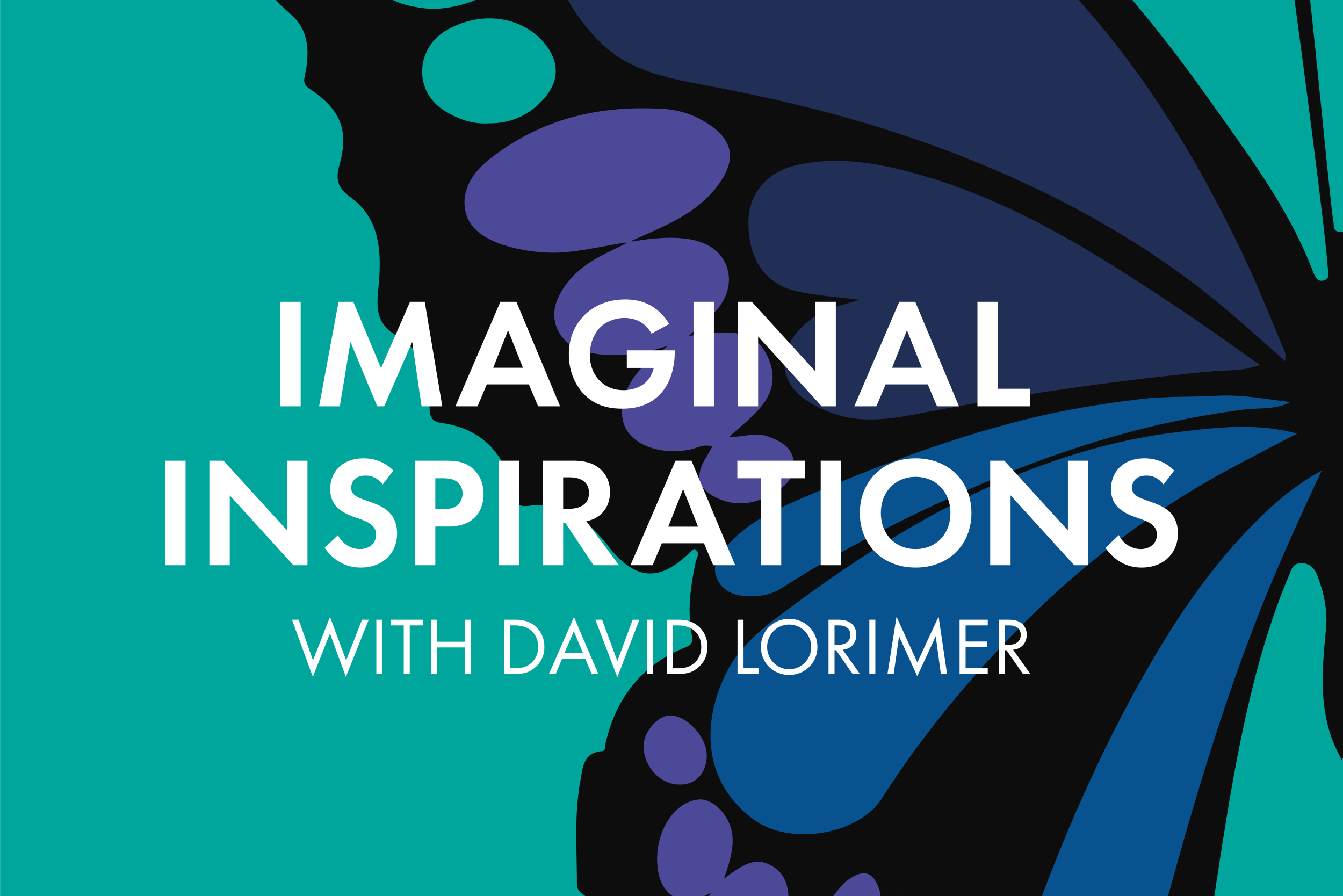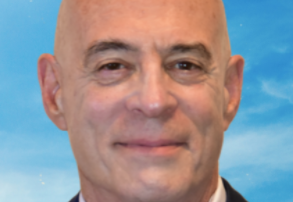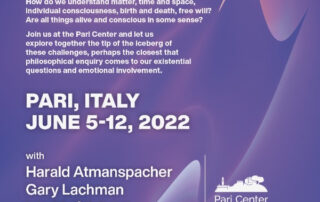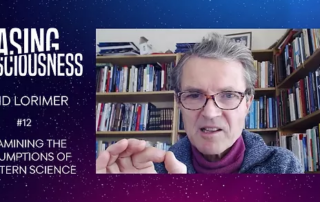
Expanding the Scope of Science
ORIGINS
David Lorimer introduces the Galileo Commission Report
REMIT
The Galileo Commission was founded in 2017 with a view to expanding the worldview of science beyond its limiting materialistic assumptions, which are seldom explicitly examined. A central and widely held assumption is that the brain generates consciousness and is therefore extinguished at death.
Following widespread consultation in 2018 with 90 advisers representing 30 universities worldwide, we have published the Galileo Commission Report, written by Prof Dr Harald Walach and entitled Beyond a Materialist Worldview – Towards an Expanded Science. The report has been widely endorsed as a groundbreaking document, so we encourage you to support our movement by joining the Galileo Commission either as a Professional Affiliate or a Friend. There is also a Summary Report and a Layman’s Report, and a brief summary of the argument is available in a number of languages. We encourage you to read and support Dr Athena Potari’s Call for a Renaissance of the Spirit in the Humanities and to read our edited book Spiritual Awakenings, which documents the transformative experiences of 57 scientists and academics.
A Call for a Renaissance of the Spirit in the Humanities
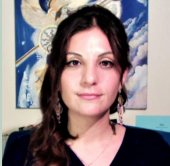 The “Call for a Renaissance of the Spirit in the Humanities”, written by Dr Athena D. Potari, is a pioneering project aiming to raise awareness regarding how the prevailing paradigm of materialism affects the ways in which knowledge is approached within the context of the Humanities. In line with the Galileo Report, which discusses the importance of liberating the positive sciences from the limitations of the paradigm of scientific materialism, this Call aims at making the case for the Humanities as well. The Call explores how recent developments in scientific studies on consciousness, and the ensuing understanding that consciousness is primary and unified, can inform our understanding of what it means to be “human” with correspondingly appropriate epistemologies, as well as how we approach key areas of human activity, including ethics, politics and the environment.
The “Call for a Renaissance of the Spirit in the Humanities”, written by Dr Athena D. Potari, is a pioneering project aiming to raise awareness regarding how the prevailing paradigm of materialism affects the ways in which knowledge is approached within the context of the Humanities. In line with the Galileo Report, which discusses the importance of liberating the positive sciences from the limitations of the paradigm of scientific materialism, this Call aims at making the case for the Humanities as well. The Call explores how recent developments in scientific studies on consciousness, and the ensuing understanding that consciousness is primary and unified, can inform our understanding of what it means to be “human” with correspondingly appropriate epistemologies, as well as how we approach key areas of human activity, including ethics, politics and the environment.What people say…
Featured book
Featured podcast
The Playful Universe – Marjorie Woollacott, David Lorimer and Gary Schwartz (Eds)
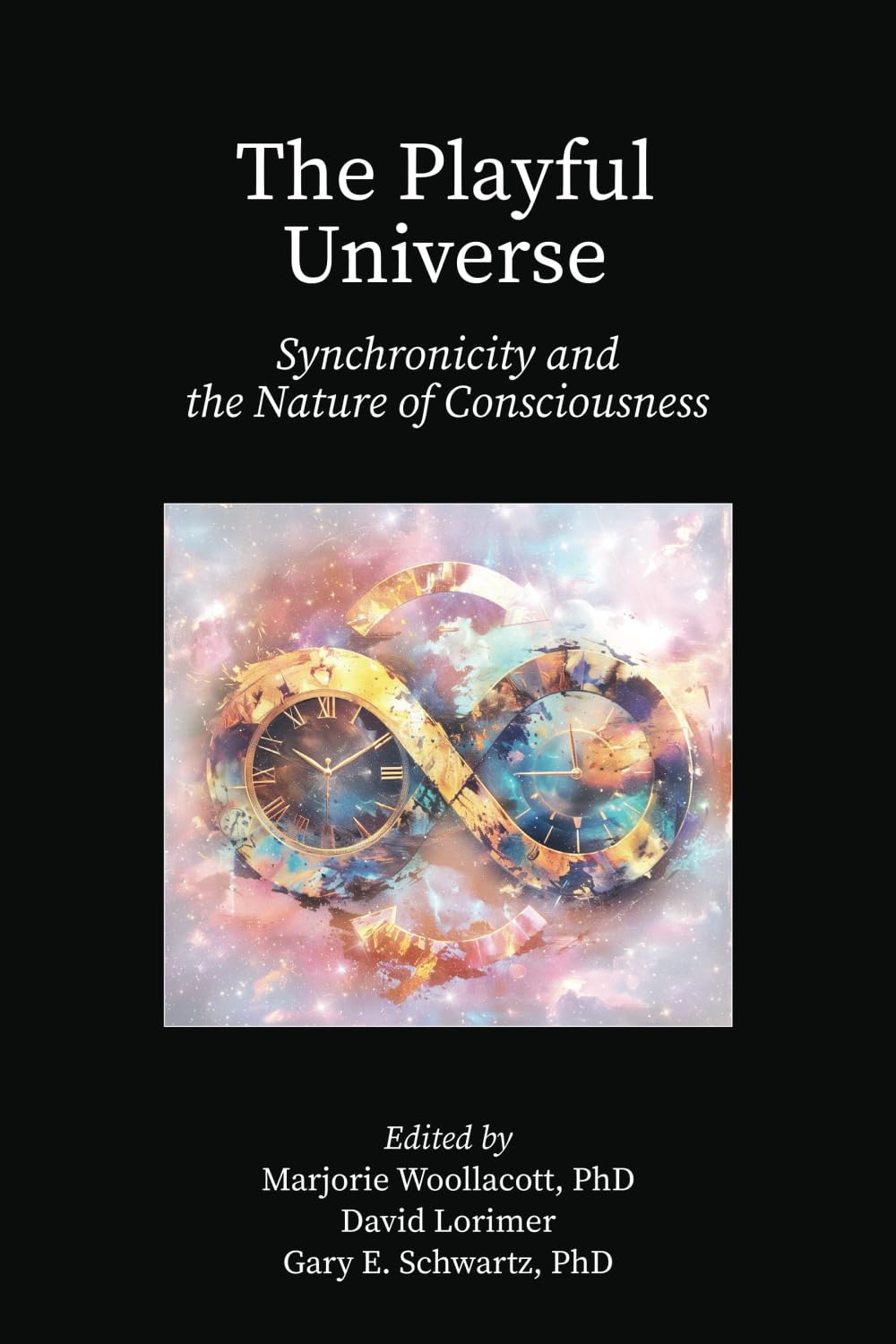
This volume consists of essays by scientists and academics describing their own experiences of synchronicity and how these experiences transformed both their worldview and the way they lived their lives. We truly believe that this is a fundamentally intelligent, benevolent, creative and playful universe in which we, as individual expressions of the one Universal Mind, co-create our reality.
Recent News
The Best Evidence for the Afterlife with Jeffrey Mishlove
Jeffrey Mishlove is fielding questions concerning his Bigelow Institute competition Grand Prize essay, Beyond the Brain: The Survival of Human Consciousness After Permanent Bodily Death.
Pari Center: Re-Visioning Consciousness, 5-12 June, 2022
When we move beyond the ‘hard problem of consciousness’ by recognizing the primacy of consciousness, a vast panorama of questions opens up. How do we understand matter, time and space, individual consciousness, birth and death, free will? Are all things alive and conscious in some sense?
Twelve Ideas that Might Expand the Scope of Science – Mukhopadhyay, AK
Science progresses slowly by Apollonian, who extends its boundary by bringing perfection on the established lines. Science often takes an intuitive leap by Dionysian, who opens an unexpected new line of research. The present paper presents twelve mixes of such ideas which together are capable of extending the scope of science. An analyst could find several ideas within one main idea; assumption, imagination, intuition or obvious reality, not one, however, on any beaten track. Each of the main idea is supported by a figure, the mind’s artwork, captioned with several new ideas. Most of the ideas have a bias towards operational consciousness. The erected framework has the potential of ushering in a new Multiversal Worldview accommodating science, humanities, and spirit together.
David Lorimer – Guest on Chasing Consciousness
In this episode we’re going to be examining the assumptions of Western Science. All science is based on assumptions. In order to isolate systems in experiments and standardise measurements of the target data, other variables need to be pinned down so scientists can form precise mathematical models, that can then be repeated accurately in the peer review process. Today we’re going to look at these assumptions, and establish if they indeed have become standard, fixed and unquestioned as some critics claim.
Interviews with Innocence – Marjorie Woollacott
In this episode Marjorie Woollacott helps us understand how we can nourish the seed of consciousness that lives within each of us.
Science of Divinity: Part IV – Mudhopadhyay, AK
Divinity is the objective reality of the Divine. It could be observed in nature, in deep ecology, in cosmology beyond ZPE, and in depth psychology. The Divine could be personified in human behavior when the organ brain achieves the desired level of perfection. A science of divinity and the Divine is possible to develop taking science (world), humanity (you, me, and they), and the spirit (consciousness) together. One beneficial spin off of this approach in worldly science is the development of an algorithm starting in consciousness and ending in space, time, and energy, describing how “will” is translated into an event.
